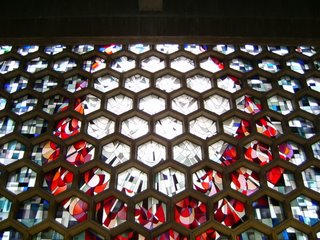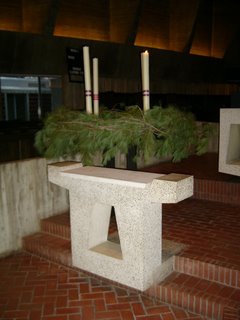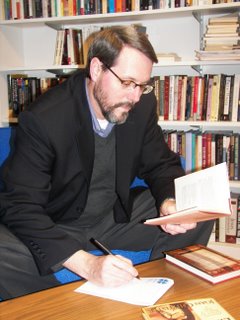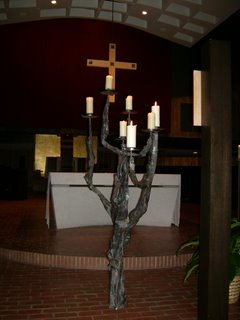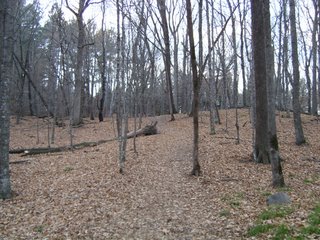Saying Good-bye to St. John's

I'm into the final 24 hours now--cleaning the apartment, running last-minute errands, and packing my bags. By tomorrow night, I'll be back with my wife, whose patience and long-suffering have made this sabbatical possible. It's been a long semester and I am ready to go home, but I will also miss St. John's and the wonderful Benedictine hospitality which pervades its campus and permeates its walls.
We are singing the "O Antiphons" now--beginning with last night's Evening Prayer where we sang, "O, Sapientia." It was wonderful to begin that service with Charles Wesley's "Lo, He Comes with Clouds Descending"--though, as is quite common here, the tune was one with which I was unfamiliar. The dark settles on the church early now and seems to almost seep in through its doors. As Fr. Michael Patella suggested in yesterday's Third Sunday of Advent service, the human condition of sin is perhaps most acute during this time. The physical darkness reminds us all-too-well of our spiritual state and of our need of a Savior.
I am thankful for the turning of the wheel I've been able to experience here--from the last lingering notes of summer, through the beauty and splendor of a Minnesota autumn, to the iron-cold beginning blasts of winter. There is a beauty to all of these changes and to be somewhere where they are so pronounced has, perhaps, made me even more aware of God's good creation. And, just as nature changes, so now I am having to say good-bye to my many new friends here--particularly the seven other Resident Scholars. Each has taught me much about God, the Christian life, and the challenge of making sense of this world in which we live. So to Kathleen, Ann Marie, Carol, Mary, Carmel, Margaret and Pat, I offer my humble thanks for allowing me to join your company. May God give to each traveling mercies and a very Merry Christmas.

